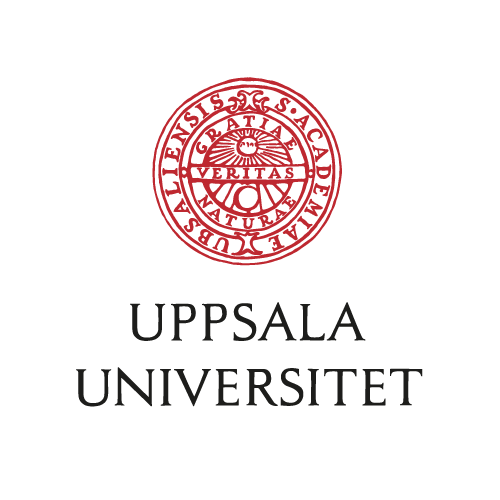Panels and Roundtables open for paper contributions:
Panel 1: On the Fringes of Truth: Meaning-Making in Ambiguous Realms
This panel investigates the roles of rumour, gossip, dreams and irony in shaping and challenging our perceptions of truth. We explore how these practices improvise narratives that oscillate between clarity and ambiguity. Drawing on case studies from Iceland, Ghana, Sweden, and Madagascar, we analyse the intricate dance of meaning-making around the elusive concept of truth. Examining ethnographic examples, we observe rumours actively seeking truth, irony suspending truth to sustain enchantment, gossip fostering conviviality despite uncomfortable truths, and dreams that, in spite of being unlikely to come true, create meaning in the present. This collaborative project was initiated at the 2023 AAA conference and aims towards publication as a special issue. At this stage, we welcome more contributors to this project. Join us in unravelling the complexities of truth, ambiguity and meaning-making in diverse cultural contexts.
Conveners:
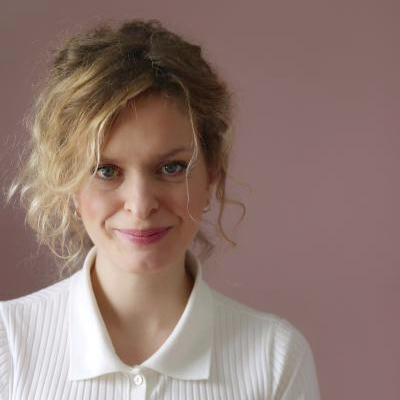
Emy Lindberg, PhD, Uppsala University (emy.lindberg@antro.uu.se)

Anders Norge Lauridsen, University of Gothenburg (anders.norge@gu.se)
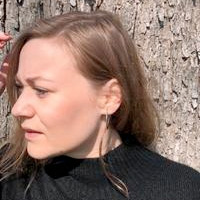
Signe Askersjö, University of Gothenburg (signe.askersjo@gu.se)

Alexander Sallstedt, Uppsala University (alexander.sallstedt@antro.uu.se)
Panel 2: Beyond Words: The Role of Drawing in Ethnographic Research
Drawing has long formed an essential, but less pronounced, part of the methodological toolkit of anthropology. It is, however, only recently that drawing and sketching have become an accepted mode of anthropological storytelling. Several publications have discussed drawing as an ethnographic method (e.g. Causey 2017; Ingold 2011; Taussig 2011), and a growing number of journal articles and monographs use cartooning as their main form of ethnographic representation (e.g. Sopranzetti et al. 2021; Waterston 2020). We invite papers that explore drawing both as a method for collecting empirical data and as a means to analyze and present research.
As a method, sketching can be used to capture processes and events that are not easily grasped in textual form. In addition, drawing can also be a means to process and explore one’s experiences in the field in ways that writing might not allow. Given the potential of cartooning and sketching to unsettle conventional narrative structures, presenting our findings in graphic form, furthermore, offers alternative ways of engaging with publics and communicating anthropological knowledge in more accessible forms.
However, while indeed promising to challenge the linearity of standard academic writing, it is also worth asking what the differences between these two forms actually are. Are they to do with embodiment, semiotic potential, and thus their respective capacity to give a sense of “being there”? How do we integrate drawing as an aspect of the ethnographic toolkit? What are the strengths and weaknesses of drawing vis-à-vis other modes of ethnographic Representation?
Conveners:
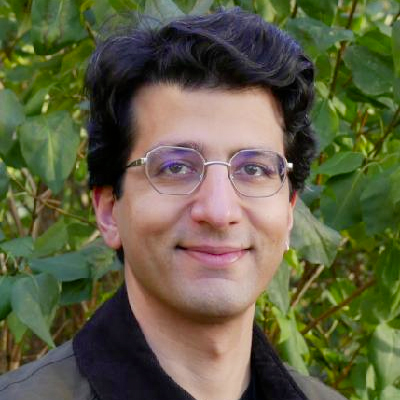
Chakad Ojani, Uppsala University (chakad.ojani@antro.uu.se)

Emy Lindberg, Uppsala University (emy.lindberg@antro.uu.se)
Panel 3: New Directions in the Anthropology of/beyond Migration
The anthropology of migration is currently characterized by diverse attempts to reinvent itself–empirically, conceptually, and ethically. Having focused on themes such as migrant experience, governance, and integration, in recent years anthropology and cognate disciplines have become increasingly critical to received wisdom, turning away from the figure of migrant to the processes that organize migration, moving away from the methodological nationalism that has formed the basis for the category of integration, critically engaging with how the “migrant” itself is shaped as a category, considering how migration intersects with other forms of mobility such as tourism or pilgrimage, while raising new discussions concerning the ethics of field research and representation. This has, for instance, led to research focusing on the brokers that mediate migrant mobility, the logistics or infrastructure of migration and attention to the postmigrant condition, where migration has become an established normality, in which social forms of inclusion are intersected by complex understandings and practices of class, nationality and race. This panel welcomes that papers that are struggling to reconsider, reconceptualize, and find new methods for approaching themes that touch on the anthropology of migration.
Conveners:
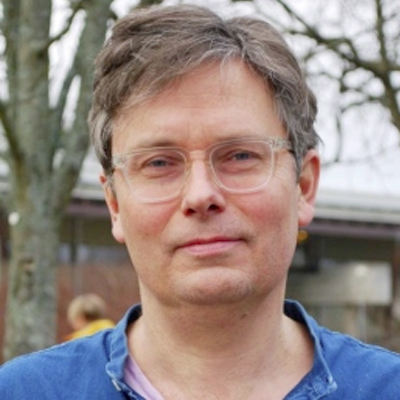
Johan Lindquist, Stockholm University (johan.lindquist@socant.su.se)
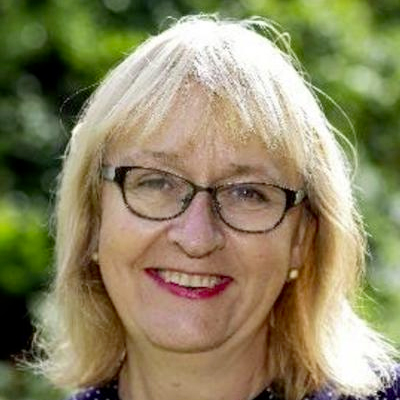
Lisa Åkesson, University of Gothenburg (lisa.akesson@globalstudies.gu.se)
Panel 4: Facing Precarity and Improvising Resilience in “Times of Crisis”
We repeatedly hear that we are living in “times of crisis” as indicated by the countless narratives and images of the climate crisis, financial crises, pandemics, wars and conflicts among many others. As socio-economic inequalities shift in these “times of crisis”, people face various degrees of precarity while weathering under uneven and harsh conditions created by not only one but coexisting crises. Pervasive discourses and realities of crisis have fostered debates on resilience in anthropology and beyond. Resilience may be a means by which landscapes of socio-economic and political precarity, as configured in times of crisis, can be navigated through day-to-day improvisations. That is, not only to navigate crises, but also recover from them and maybe even be renewed after having dealt with them. This panel asks (1): “In which ways do people live in ‘times of crisis’ in specific ethnographic contexts” and (2) “How do people maneuver through diverse crises by improvising individually or collectively?” The panel invites presenters to critically explore crisis and resilience to capture how these notions are related to one another and entangled with improvisations in theory and practice. The panel strives to shed light on the creative ways in which people imagine and realize strategies to mitigate, cope with, and maybe even pave out new avenues of potentialities in “times of crisis” shaped in various spaces including villages, cities, highland and lowland as well as coastal areas for those who stay put, are on the move, or stuck in-between places and hopes for change.
Conveners:
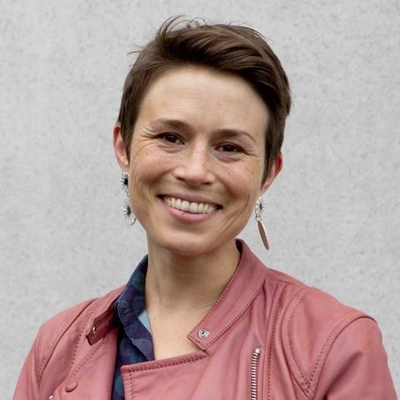
Sara Kauko, Lund University (sara.kauko@genus.lu.se)
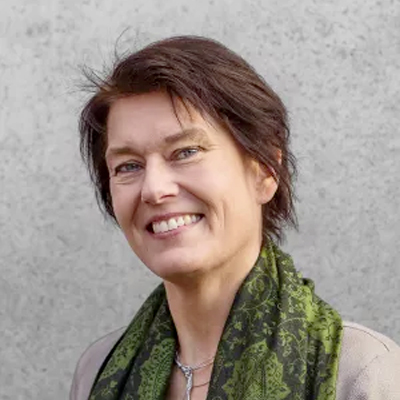
Helle Rydström (corresponding), Lund University, (helle.rydstrom@genus.lu.se)
Panel 5: Prepared to improvise? Material anticipatory practices in the face of impending Catastrophe
The present seems to be full of signals of impending catastrophes. This could be climate collapse, another Russian invasion, or the return of Trump and the spread of fascism. Or it could be more local anxieties about typhoons in the Philippines, the return of war in Ethiopia or Eastern Congo, or economic crisis in Argentina. While catastrophes cannot be predicted, they may be anticipated, and such anticipation takes many shapes in the present. In this panel, we focus on the material objects that people engage with when they anticipate such catastrophic futures. We may explore the significance of the belongings that migrants bring on their journeys, or the foodstuffs, tools, radios, cash that preppers collect through sophisticated routines of hoarding. How do climate activists and ordinary citizens relate to material objects in the face of an impending climate crisis, and how do consumers rationalize their choices in relation to negative futures? How do residents in informal settlements prioritize their building materials in the face of impending eviction? This panel draws together diverse cases of such material anticipatory practices in order to explore how they relate to improvisation. What happens in the tension between the planned and the improvised relations to the future?
Conveners:
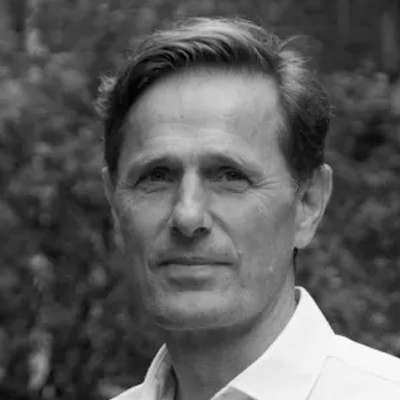
Simon Turner, Lund University (simon.turner@soc.lu.se)
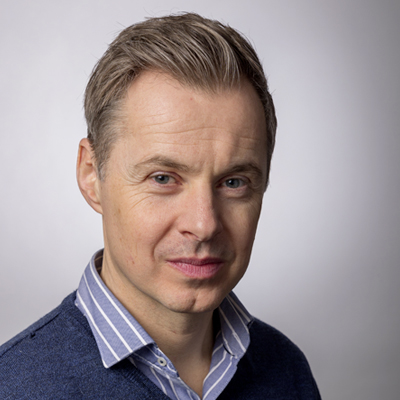
Jesper Bjarnesen, The Nordic Africa Institute, Uppsala (jesper.bjarnesen@nai.uu.se)
Panel 6: Whose ethics? Improvisation and vulnerability in fieldwork. An open panel hosted by the Engaging Vulnerability program
The historical legacy of openness, improvisation and serendipity in anthropology and ethnographic fieldwork is not easily reconciled with today’s increased emphasis on formal ethical vetting procedures that are supposed to be finalised before the start of any research endeavour. For many anthropologists, research ethics is something that is unfolding and ideally sorted out uninterruptedly during participant observation, and it is a socially anchored ethics that cannot really be set in beforehand, outside the enactment of the actual research. As an intersubjective endeavour, participant observation is productive because of its openness and vulnerability, its contextuality really. And if ethnography is to be about the “native’s point of view,” as Malinowski famously suggested, inevitably it also comes to know the world from the standpoint of the fieldworker’s social relations. This panel invites papers that address aspects of vulnerability, improvisation, rapport, trust and/or consent in ethnographic fieldwork and ethnographic writing.
Convener:
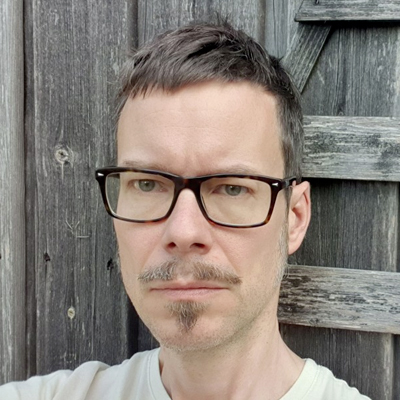
Sverker Finnström, Uppsala University (sverker.finnstrom@antro.uu.se)
Panel 7: Design Anthropology: Improvisations With and Against the Materialities of the World
Design anthropology is on the rise. From advocating it as a “distinct way of knowing” to positioning it as a remedy towards pluriversality, or a necessary and urgent method within the current condition of digital capitalism. While practiced differently, design anthropology tends to be either understood as a methodological experimentation within anthropology or as a more engaged co-creation within designing. But what if design anthropology has the potential to be more than yet another academic experimentation for making anthropology more propositional, collaborative, and future-oriented; or saving designing from its individualistic and rationalized assumptions?
The discourse of design anthropology and its existence, like many interdisciplinary endeavors, rests upon the assumption that both design and anthropology lack qualities that can be enhanced by bringing them together. However, design and anthropology share many common grounds too: both have emerged from and shaped the durability of modernity as a universal project; both deals with the question of how things could be otherwise; both designing and anthropology are shaped by and generate particular imaginaries about the world and its inhabitants. Anthropology and design relate to and intervene in the world through constant improvisations of methods and theories in various situations.
This panel aims to focus on similarities between design and anthropology to offer a space for discussing how both practices, when operate together, delimit our imagination by pushing the boundaries of design anthropology beyond that of commercial, experimental and or participatory design rhetoric. Can the intersection of designing and anthropology be thought as real-world improvisations, where and when knowing is only generated through improvisations with and against the materialities of the world?
Convener:
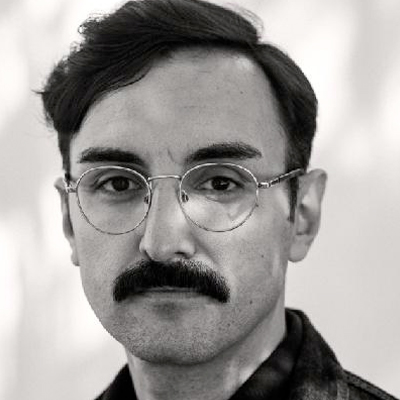
Mahmoud Keshavarz, Uppsala University (mahmoud.keshavarz@antro.uu.se)
Panel 8: Social contracts of the everyday
Thinking around the concept of social contract has for a long time been a foundation to much of political science, but until very recently less so in anthropology. The most prevalent idea of social contract has perceived it as an abstract, yet singular contract between citizen and state. According to this definition, the citizen gives away some of their sovereignty to the state. However, political anthropology perspectives underscore that a state is far from sovereign, and that any society has a number of centers to relate to, and equally a number of varied understandings of the correct social contract. We are in agreement with Burnyeat and Johansson’s 2022 call for understanding social contract as a “sticky, alive concept, which travels and reappears in different guises, both hotly appropriated and enthusiastically refuted in different intellectual and lay contexts”.
In this panel, we open up for papers looking at the multiple versions of social contracts in the daily lives of people, for example in the spheres of family or politics. We are interested in their effects whether they generate social norms, moral ideas, trust or conspiracy theories. We encourage ethnographic papers with focus on cases from all over the world, and call for emic understandings of the ways diverse and colliding social contracts, and their embedded value systems and practices generate behaviours, political consequences and improvisation
Conveners:

Annika Björnsdotter Teppo, Uppsala University (annika.teppo@antro.uu.se)

Mats Utas, Uppsala University (mats.utas@antro.uu.se)
Panel 9, Master’s students Panel: Thinking Through Improvisation: Anthropological Fieldwork and Practice
The panel “Thinking through improvisation” unites MA students of social and cultural anthropology showcasing diverse fieldwork experiences worldwide. We explore improvisation in anthropology within unique social, cultural, and political contexts, covering, for instance, abortion rights, Qur’an burnings, urban identity dynamics, sexual economies, disaster risk, and methodological improvisation in food choices.
Moreover, improvisation is characterized as a tool for performativity, collaboration, and spontaneity, that can be useful to approach different realities and current situations in their dynamic unfolding. This panel is an invitation to all who used methods for their research project, to explore the possible analogies between improvisation and anthropological practice. They are invited to present the authors, the theories, or the methods that have inspired their own fieldwork practice and thesis projects.
Conveners:

Emma Björk Myhre, Stockholm University (emmabjorkmyhre@gmail.com)
Cécilia Anthamatten, Uppsala University
Panel 10, Improvising bodies between life and death
This panel explores the complex interplay between bodies, agency, and the liminal space between life and death within the field of anthropological inquiry, particularly within medical and political anthropology. The panel welcomes both ethnographic studies and theoretical analyses of how individuals and communities confront the existential uncertainties of life transitions, crises, suffering, illness and death through improvisation, ritual, technology and negotiation of meaning. The human body, as “the subject of culture” (Csordas 1990), is in constant transformation. Central to this exploration is the role of ritual, whether prescribed or improvised, spiritual or mediated, medical or technological, is central to this exploration as it shapes both individual experiences and collective identities.
This panel critically examines the intersection of embodiment and socio-political power dynamics, particularly in relation to health and the attainment of the ideal body. It explores how marginalized communities navigate the existential uncertainties imposed by oppressive structures by improvising alternative modes of existence and resistance. The papers in this panel shed light on the nuanced complexity of human experience in the face of frailty and mortality by foregrounding the agency of improvisation in navigating the boundaries between life and death.
Inspirations:
- Csordas TJ. 1990. Embodiment as a paradigm for anthropology. Ethos 18:5–47.
- Csordas, Thomas J. (1994). Embodiment and Experience: The Existential Ground of Culture and Self. Cambridge: Cambridge University Press.
- Robben, Anthony. C. G. M. (Ed.). (2015). Death, Mourning, and Burial: A Cross-Cultural Reader. Malden, MA: Wiley-Blackwell.
- Scarry, Elaine. (1985). The Body in Pain: The Making and Unmaking of the World. New York: Oxford University Press.
- Spivak, Gayatri Chakravorty. (2010[1985]). ‘Can the Subaltern Speak?’. R. C. Morris (ed.), Can the subaltern speak? Reflections on the history of an idea. New York: Columbia University Press.
Convener:
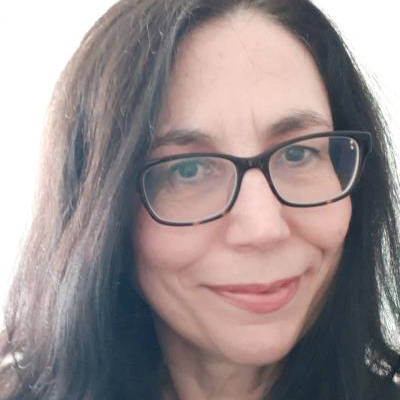
Claudia Merli, Uppsala University (claudia.merli@antro.uu.se)
1) Roundtable. Improvising anthropology in precarious times
Most anthropologists without permanent jobs – which is to say, most early- and mid-career anthropologists – would be hard pressed to explain to people outside their field how exactly their career differs from, say, a hobby. Indeed, the precarity we put up with, the risks we sometimes take, and the life decisions we make could at times seem more symptomatic of an addiction than of anything synonymous with a career, as most people tend to imagine it: stability, security, recognition, and a steady income, not to mention family life. Despite these red flags, we are seriously invested in what we do (perhaps even a bit too invested for our own good) and take it more seriously than anyone else takes us most of the time. Improvisation, along with hustling, have become by-words of forging an academic career in the social sciences – particularly those like anthropology, which deliver neither statistics, nor resolute talking points, but endless complexity and nuance. Our proposed roundtable explores these paradoxes. It is put together by a few early-ish career scholars with different, yet familiar experiences of academic precarization and improvising their way into the field. In our interventions, we discuss improvisation in academia through several lenses: labor – as in moving the goal posts of employability, flexibilization, exploitation, job security etc.; the projectification of academia; and how precarity and exhaustion kill imagination (at a time when you need it the most). After 15-minute presentations from the participants, in the second hour of the panel we engage with questions and comments from the audience.
Moderator:

Ana Chirițoiu, Uppsala University (ana.chiritoiu@antro.uu.se)
2) Roundtable. Improvising and Crafting Funding Applications
Applying for external funding seems to be an inescapable condition of academic life. The path to obtain research funding, however, can be fraught with challenges. The application endeavor might turn into a tedious process, as the crafting of an application demands much energy, and focus as well as a spirit of improvisation and entrepreneur ship In addition, a well-functioning compass is needed when navigating the landscapes of calls, criteria, guidelines, instructions, deadlines, and so on. In this roundtable, participants are invited to share their research application experiences regardless of whether these might have been frustrating, good, very good or maybe even fantastic. Panel participants even are encouraged to reflect on the ways in which anthropologists may develop solid strategies for the securing of funding for novel and exciting anthropological studies informed by substantial ethnographic fieldwork conducted in close by or far away contexts.
Conveners:

Helle Rydstrom, Lund University (helle.rydstrom@genus.lu.se)

Mats Utas (corresponding), Uppsala University (mats.utas@antro.uu.se)
3) Roundtable. Real Open Access and the Public Responsibility of the University
Over the last decades, debates on open access publishing have been important, as they highlight how public universities have handed over power and wealth to transnational corporations of publishers in a neoliberal world order. Increasingly, corporations adjust their business models, which have as a consequence that universities and research funders pay, once again, to get their publications available open access. The way discussions are taking shape are also quite confusing. The term “open access” that generally refers to principles and practices through which research outputs are distributed online, free of access charges or other barriers; have been “re-invented” into open-access journals that are characterised by funding models which rely on author fees or on public funding, subsidies and sponsorships.
This round-table is sponsored by kritisk etnografi – Swedish Journal of Anthropology, a real open access non-profit journal. kritisk etnografi aims to foster responsible scholarship with global scope, local relevance and public engagement.
We bring together scholars and professionals who actively develop alternatives to such “fee-driven” open-access journals. Instead, these participants work on non-profit and community-driven alternatives to commercial publishing – which are sometimes also called diamond open access. In this model of open access publishing, the researchers, the universities and other public institutions take back the power of production and distribution of scientific publications as a public good available to all. Another key aspect of this philosophy is the recognition of publishing as an integral part of the scientific process rather than a commodity to be monetized by an oligopoly of publishers.
Participants are invited to address the following questions: What are the lessons learned from promoting truly non-profit open access such publications? How are such publications assessed in research assessment processes? Which roles can the research community, or social movement take? We will invite each participant to make a brief statement drawing on his/her experiences, followed by a conversation amongst panellists, and with the audience.
Participants (alphabetical order): Dr. Börje Dahrén, Uppsala University Librabry; Prof. Sten Hagberg, Uppsala Papers in Africa Studies; kritisk etnografi – Swedish Journal of Anthropology; Prof. Jörgen Hellman, kritisk etnografi – Swedish Journal of Anthropology; Prof. Annika Teppo, Nordic Journal of African Studies; and Prof. Paula Uimonen, Stockholm University Press
Organisers:
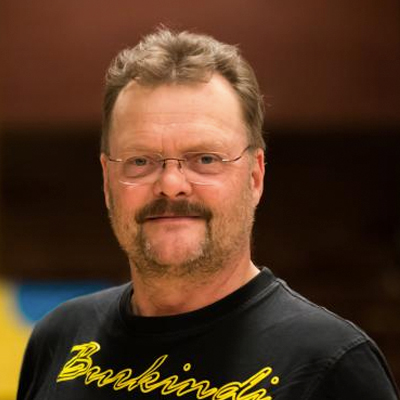
Sten Hagberg, Uppsala Univeristy. Editor-in-Chief of kritisk etnografi– Swedish Journal of Anthropology

Jörgen Hellman, University of Gothenburg. Editor-in-Chief of kritisk etnografi– Swedish Journal of Anthropology.
